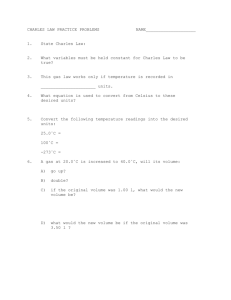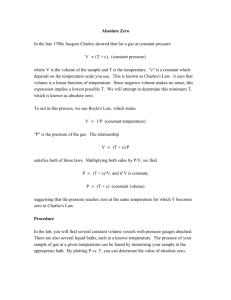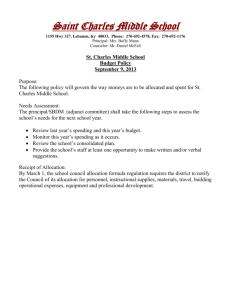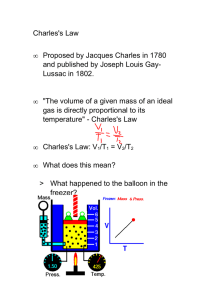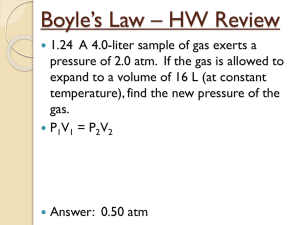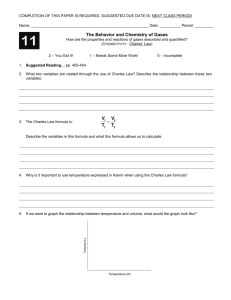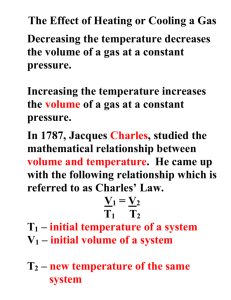Assignment #1
advertisement
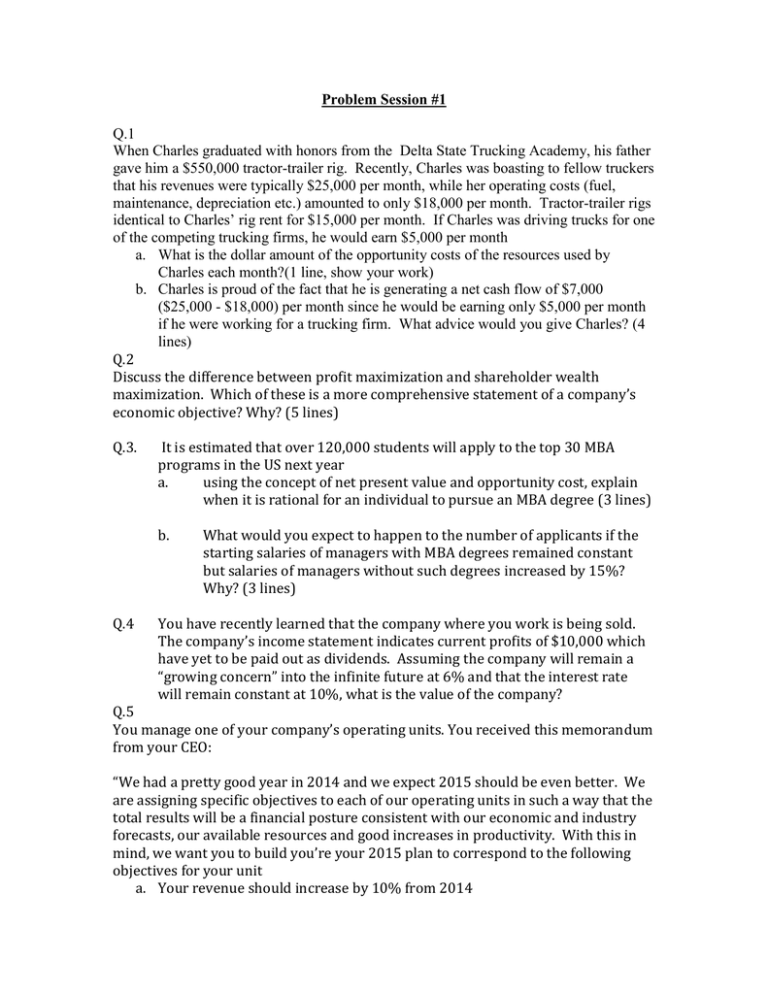
Problem Session #1 Q.1 When Charles graduated with honors from the Delta State Trucking Academy, his father gave him a $550,000 tractor-trailer rig. Recently, Charles was boasting to fellow truckers that his revenues were typically $25,000 per month, while her operating costs (fuel, maintenance, depreciation etc.) amounted to only $18,000 per month. Tractor-trailer rigs identical to Charles’ rig rent for $15,000 per month. If Charles was driving trucks for one of the competing trucking firms, he would earn $5,000 per month a. What is the dollar amount of the opportunity costs of the resources used by Charles each month?(1 line, show your work) b. Charles is proud of the fact that he is generating a net cash flow of $7,000 ($25,000 - $18,000) per month since he would be earning only $5,000 per month if he were working for a trucking firm. What advice would you give Charles? (4 lines) Q.2 Discuss the difference between profit maximization and shareholder wealth maximization. Which of these is a more comprehensive statement of a company’s economic objective? Why? (5 lines) Q.3. It is estimated that over 120,000 students will apply to the top 30 MBA programs in the US next year a. using the concept of net present value and opportunity cost, explain when it is rational for an individual to pursue an MBA degree (3 lines) b. Q.4 What would you expect to happen to the number of applicants if the starting salaries of managers with MBA degrees remained constant but salaries of managers without such degrees increased by 15%? Why? (3 lines) You have recently learned that the company where you work is being sold. The company’s income statement indicates current profits of $10,000 which have yet to be paid out as dividends. Assuming the company will remain a “growing concern” into the infinite future at 6% and that the interest rate will remain constant at 10%, what is the value of the company? Q.5 You manage one of your company’s operating units. You received this memorandum from your CEO: “We had a pretty good year in 2014 and we expect 2015 should be even better. We are assigning specific objectives to each of our operating units in such a way that the total results will be a financial posture consistent with our economic and industry forecasts, our available resources and good increases in productivity. With this in mind, we want you to build you’re your 2015 plan to correspond to the following objectives for your unit a. Your revenue should increase by 10% from 2014 b. The profit margin of your unit should increase from 8% to 9% and your return on assets should be 10% c. Your division will receive $10 million of the company funds for expansion projects whose minimum internal rate of return should be 12% d. The head count of your unit can increase by no more than 2% Corporate management is confident that you will not disappoint us. We know that the objective we have given you is challenging. We also are convince that it is achievable.” Does this mean that the company’s objective is not really profit maximization but rather growth rate, a profit margin or a return on assets? Explain. (6 lines) Q.6 How do implicit costs lead to a difference between accounting and economic profits?
